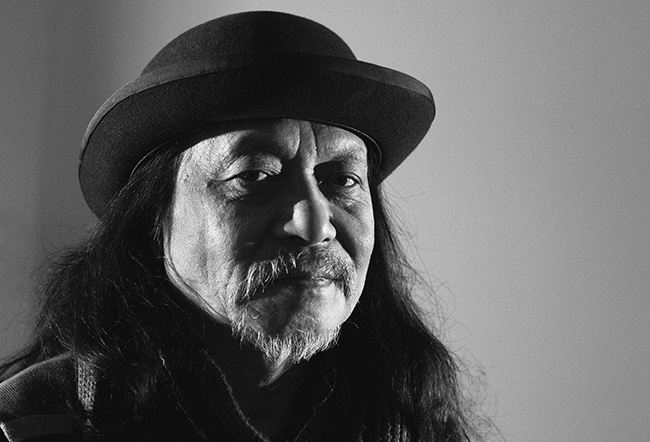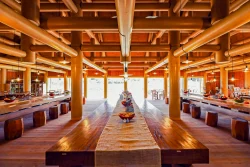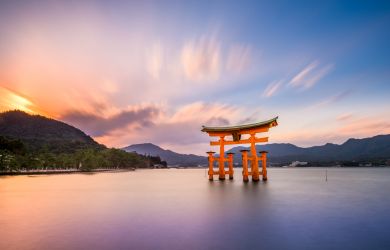
Originally published on metropolis.co.jp on October 2013

The gyaku yunyu (reverse import) phenomenon is a familiar route for Japanese artists like The Boredoms, who remained obscure until stateside recognition brought them to the attention of a wider audience at home.
But Japan also has a coterie of artists who go abroad never to return. Counterculture hero and former vocalist for Krautrock visionaries Can, Damo Suzuki has been overseas over four decades.
“Honestly, I was just a hippy traveling with my rucksack and guitar,” Suzuki says about leaving Japan in the late 60s on a ship headed for Russia with only twenty-thousand yen to his name. Yearning for wider horizons of which he’d caught a glimpse growing up next to a US military base, a teenage Suzuki had no inkling he’d end up a counterculture icon.
But he was clearly already one of Japan’s proverbial nails that stand out. “The meaning of travel was different back then,” he says from his longtime home in Cologne, Germany. “When I left Japan I thought maybe I would never come back.”
Like for YMO star Ryuichi Sakamoto, whose years in New York have given him the distance to pillory Japan’s “nuclear village,” Suzuki’s decades abroad have given him a different perspective than most domestically based Japanese musicians. “If you are abroad you can see your country from another perspective, and are much more critical,” he says. “I can now see Japan clearly, and it’s not a place I want to live.”
Nevertheless, Suzuki returns to Japan on a frequent basis—often to perform with musicians a generation or two younger than him—and calls Tokyo’s current experimental music scene “fantastic.” He’ll be back next week to “curate” an event for Red Bull—the caffeinated beverage maker that targets young urbanites through its Red Bull Music Academy events.
Still a bearded, idealistic hippy, if wizened and transformed by his years abroad and battle with cancer, Suzuki will stage an expanded edition of his Damo Suzuki’s Network improvisational happenings.
With Red Bull’s backing, the event will see Suzuki lead a group of 25 musicians in a giant improvisation to the 1927 silent film Metropolis. Among the noted players to appear will be noise music giant Keiji Haino and Omar Rodríguez-López of Mars Volta fame. “The event will be improvised,” Suzuki tells Metropolis. “I might give some simple directions for the flow, but there will be no rehearsing.”
Suzuki tours the world creating instant musical happenings. “I travel from place to place and improvise with local musicians I’ve never met before. There’s always a good energy, because I work with open-minded people who like to do this,” he explains. “Improvisation is the best way to share energy with the audience, because no knows what will happen. Music is not an answer, it’s always a process and question. Like Laotse said, the way is the goal.”
For Suzuki, improvisation is more than a method to generate an artistic experience—it’s a means to live life to its fullest. “If you travel with a plan then you concentrate only on famous buildings or restaurants,” he notes, “but if you don’t have a plan you can have a much more creative experience.”







